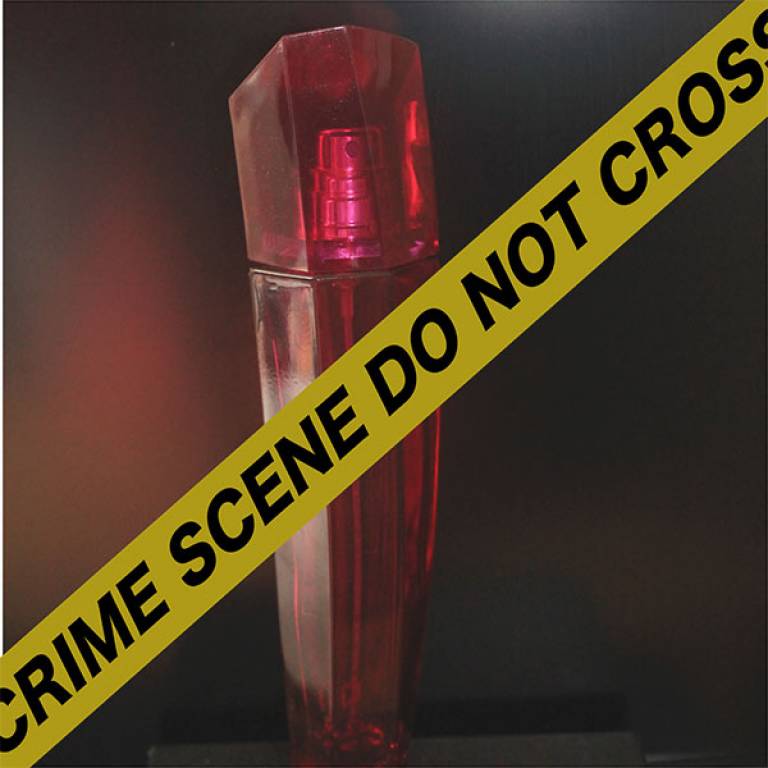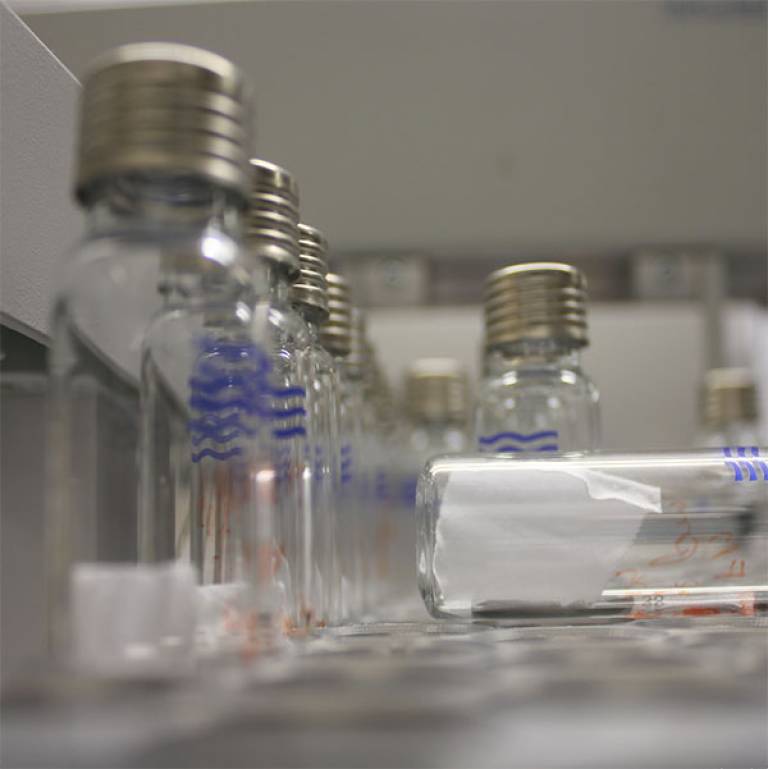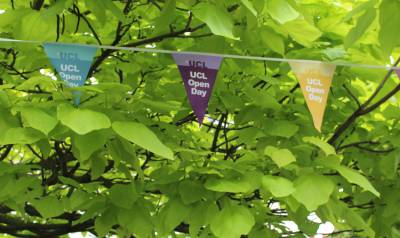UCL Chemistry and the UCL Centre for Forensic Sciences presented with the PW Allen award
1 September 2017

Scientists from UCL Chemistry and UCL Centre for the Forensic Sciences have been presented with the PW Allen award for their paper on the 'Analysis of transferred fragrance and its forensic implications'.
The PW Allen award is presented to the most meritorious research paper published in Science & Justice, the journal of the Chartered Society of Forensic Sciences. The prize is made based on the impact of the work on forensic science, the novelty of the research and the quality of the science, and will be presented at the Society's Annual Conference on 2nd November 2017.
Lead author Simona Gherghel (UCL Chemistry and UCL Centre for Forensic Sciences) said, "The approach of studying the volatile components of perfumes and their transfer onto items of clothing using analytical techniques for forensic settings is still very much in its early days and is a novel area within forensic science. With further research this type of analysis could become an important part of a toolkit for investigating assault cases, particularly for establishing if and when contact has taken place."
Perfumes are widely used by many people in developed countries, and a large number of both men and women wear perfumes on a daily basis. Analysis of perfume trace materials from clothing is not commonly employed within forensic casework, yet as a form of trace evidence, it has the potential to provide valuable intelligence.

In order to appreciate the value of trace evidence there is a fundamental need for an evidence base that can both offer insight into how a trace material behaves under different scenarios and activities. With this purpose a gas chromatography-mass spectrometry method for trace analysis of perfumes was developed.
The paper presents two different series of experiments that investigate the dynamics of perfume transfer as a factor of perfume ageing time, and as a factor of perfume contact time.
"This work provides the first step to using fragrance transfer from one article to another. It has a wide range of potential applications especially in assault cases," said Professor Ivan Parkin (UCL Chemistry).
Empirical data showed that both perfume ageing time, and perfume contact time play a key role in the number of perfume components transferred. These studies have implications for forensic protocols, specifically for perfume trace evidence collection, analysis, interpretation, and presentation, and there is potentially great value in analysing perfumes from clothing exhibits in forensic enquiries that involve close contact between individuals, such as sexual assaults.
Links
- UCL Chemistry
- UCL Centre for the Forensic Sciences
- Research paper in Science and Justice
- Chartered Science of Forensic Sciences
Images
Provided by Simona Gherghel.
 Close
Close




